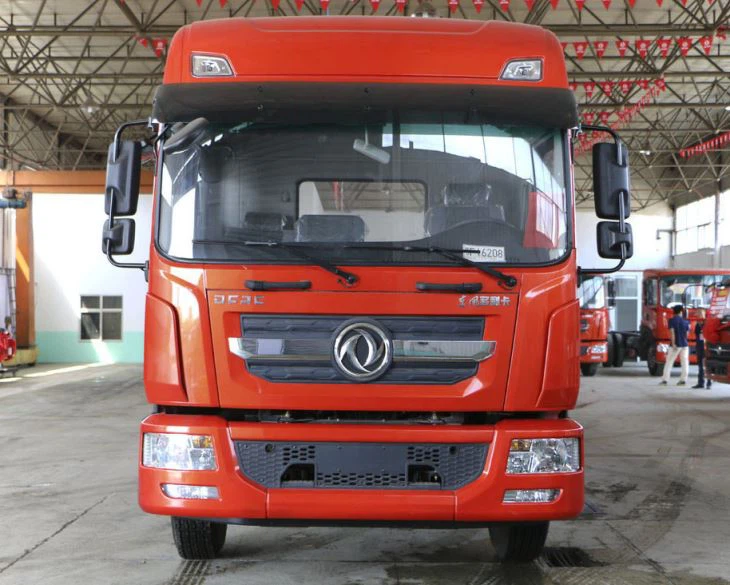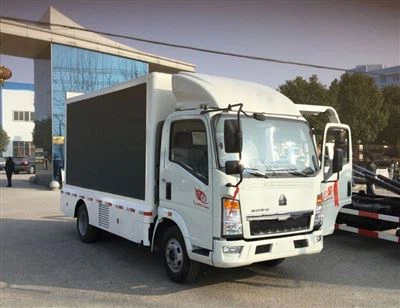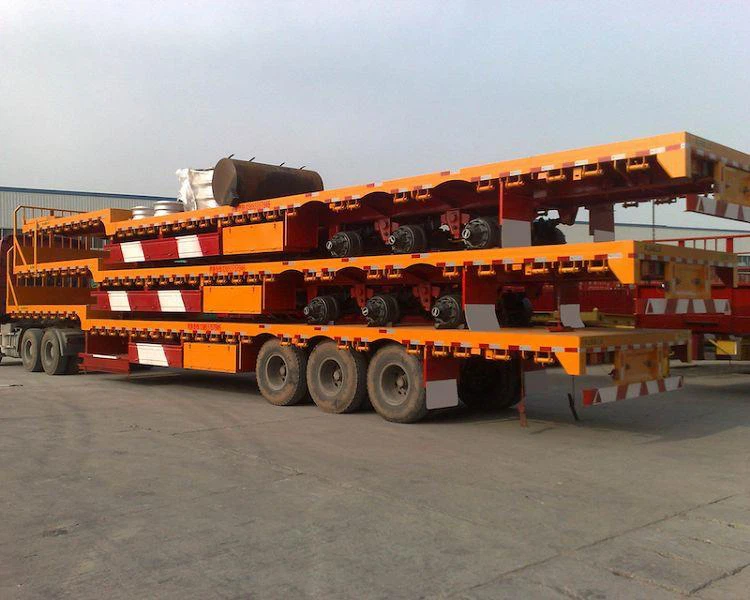Understanding Mini Tankers: A Comprehensive Guide

Mini tankers are specialized vehicles designed for the transportation of liquids, especially in small to medium quantities. These trucks are essential in various industries, including oil and gas, chemicals, food and beverage, and agriculture. In this article, we will delve deep into everything you need to know about mini tankers, from their specifications and types to their applications and advantages.
What is a Mini Tanker?
A mini tanker is a compact tank truck capable of transporting liquids. Their smaller size compared to conventional tankers allows for enhanced maneuverability and flexibility. Typically, they can carry anywhere from a few hundred to several thousand liters of liquid, making them suitable for businesses that do not require large-scale transportation solutions.
Types of Mini Tankers
Box Tankers
Box tankers have a cubic tank shape and are often used for materials that require a more controlled environment. They are ideal for transporting food-grade liquids.
Cylindrical Tankers
Cylindrical tankers are designed for easier flow and are predominantly used for fuel transportation. Their design minimizes the risk of spillage and enhances stability.
General Purpose Mini Tankers
These mini tankers are versatile and can transport various liquids, such as water, chemicals, and oil. They often come equipped with features that make them adaptable to different industries.
Specifications of Mini Tankers
| Specification | Description |
|---|---|
| Capacity | Typically ranges from 1,000 to 8,000 liters |
| Material | Stainless steel, aluminum, or polyethylene |
| Weight | Varies, generally between 2,500 to 7,000 kg (empty) |
| Dimensions | Length: 4 to 7 meters, Width: 2 to 2.5 meters |
| Safety features | Anti-siphon valves, spill containment systems |
Applications of Mini Tankers
Oil and Gas Industry
Mini tankers are frequently used to deliver fuel to remote locations or smaller distribution points. Their size allows them to navigate narrow roads where larger vehicles cannot access.
Agriculture
Mini tankers are essential for transporting liquid fertilizers and pesticides. They enable farmers to effectively manage their resources without needing large storage tanks.

Food and Beverage
In this industry, mini tankers are often used to deliver ingredients and raw materials, such as milk and juices. They are equipped with food-grade standards to ensure safety during transportation.
Chemical Transport
Mini tankers play a vital role in the transportation of various chemicals, ensuring safe and efficient delivery while adhering to strict regulations.
Benefits of Using Mini Tankers
Cost-Effectiveness
Mini tankers are usually more economical than larger tankers due to lower fuel consumption and reduced operational costs. Their capacity is well-suited for small businesses that do not require bulk transportation.
Versatility
These tankers can be customized for various types of liquids, making them suitable for numerous industries. Their adaptability is one of the primary reasons for their growing popularity.
Maneuverability
The smaller size of mini tankers allows them to easily navigate tight spaces and urban areas, which is a significant advantage over larger trucks.
Practical Examples of Mini Tanker Usage
Case Study: Fuel Delivery in Urban Areas
A mini tanker fleet was deployed in a metropolitan city to deliver fuel to service stations. By utilizing mini tankers, the company reduced congestion and delivery times, showcasing the efficiency of smaller vehicles in urban logistics.
Case Study: Local Farm Supplies
A local agricultural business used mini tankers to deliver fertilizers to nearby farms. They were able to reach clients faster and with less overall waste, resulting in higher customer satisfaction.
Choosing the Right Mini Tanker
Assess Your Needs
Evaluate the volume of liquid you need to transport and the types of liquids involved. Select a mini tanker that best suits your requirements.
Consider Regulations
Make sure to consider local regulations regarding liquid transportation, especially if dealing with hazardous materials.
Check for Customizations
Look for mini tankers that offer customization options such as pump types, hose reels, and safety features to better suit your specific needs.
Evaluate Your Budget
Determine your budget not just for the purchase of the mini tanker, but also for maintenance and operation over time.
Maintenance Tips for Mini Tankers
Regular Inspections
Conduct regular inspections to check for leaks, corrosion, and other wear and tear signs. Daily checks can prevent major issues down the line.
Cleaning Procedures
Implement a cleaning schedule suitable for the type of liquid transported. For food-grade liquids, sanitary cleaning is essential. Flush the tanker after each use as necessary.
Fluid Management
Monitor the types of fluids being transported to prevent cross-contamination, especially when transporting both hazardous and non-hazardous materials.
Environmental Considerations
When using mini tankers, it is essential to implement practices that minimize environmental damage. Proper spill containment measures and using eco-friendly materials are crucial. Always comply with environmental regulations to reduce the risk of pollution.
Mini Tanker Safety Guidelines
Proper Training
Ensure that all operators are adequately trained to handle mini tankers safely. This includes understanding the unique challenges posed by the sizes of these vehicles.
Emergency Protocols
Develop and communicate clear emergency protocols in the event of an accident or spill.
Personal Protective Equipment (PPE)
Require drivers and workers involved in loading and unloading mini tankers to wear appropriate PPE to safeguard against potential hazards.
Frequently Asked Questions (FAQs)

What liquids can be transported in a mini tanker?

Mini tankers can transport a wide range of liquids, including fuel, chemicals, food-grade liquids, water, and agricultural products.
How often should a mini tanker be maintained?
Maintenance should be conducted regularly, with inspections ideally every month and deeper servicing at least once a year to ensure safety and functionality.
Are mini tankers suitable for hazardous materials?
Yes, but specific regulations and safety features must be in place to handle hazardous materials appropriately. Always check local laws and guidelines.
What are the benefits of using a mini tanker over a traditional tanker?
Mini tankers offer better maneuverability, lower operational costs, and versatility for various transporter needs, making them an ideal choice for small to medium requirements.
Can mini tankers be customized for specific uses?
Yes, many mini tankers offer customization options, such as different pump types, insulation for temperature control, and specialized hoses for specific liquids.
How can I ensure compliance with regulations when using mini tankers?
Stay updated with local transportation regulations, conduct regular training for operators, and ensure that your mini tanker is equipped with necessary safety features and documentation.
